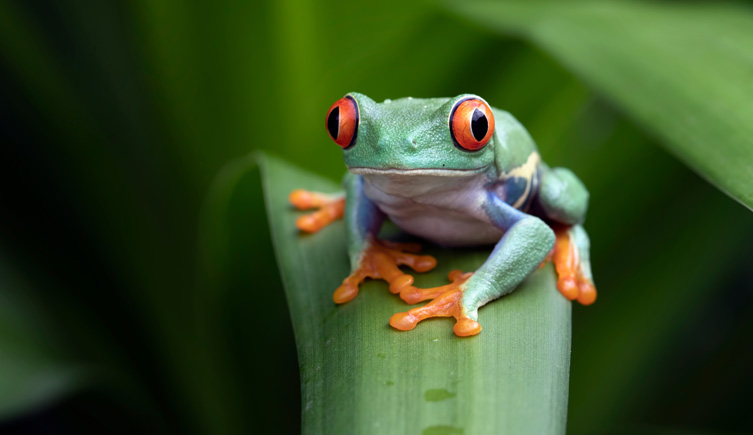Application details
Deadline to apply: Monday 20 January 2025, 17:00 GMT

© Kurit afshen/Shutterstock
Gene flow—the transfer of genetic material between populations or species—plays a critical role in shaping biodiversity by influencing speciation, adaptation, and genetic divergence.
This project will use publicly available genome-scale data to explore patterns of gene flow across diverse animal taxa, quantifying parameters such as population sizes and divergence times while investigating how these vary across genomes and taxonomic groups.
Using advanced Bayesian methods accommodating incomplete lineage sorting and genomic introgression, the project will estimate gene flow probabilities and demographic parameters from large genomic datasets. Where whole-genome sequences are available, analyses will identify hotspots of introgression and uncover areas of the genome more prone to hybridization.
Key research questions include:
• How does gene flow vary across animal species and genomes?
• What factors—such as geographic overlap, divergence, or ecological similarity—predict gene flow patterns?
• How do these patterns refine species boundaries and inform taxonomy?
The project will provide a global perspective on gene flow across the animal kingdom, offering insights into its role in maintaining species boundaries and contributing to evolutionary innovation.
By addressing these questions, the research will also lay the groundwork for future studies on how gene flow fosters adaptation and resilience, improving our understanding of biodiversity in changing environments.
The student will receive comprehensive training in phylogenomic and population genomic analyses, focusing on methods such as BPP for analyzing gene flow, divergence times, and demographic parameters, as well as widely used tools for phylogenomics (IQ-TREE, RAxML-NG and PAML.
Additionally, the student will be trained in genotyping workflows using tools such as GATK (Genome Analysis Toolkit) and BCFtools for variant calling, filtering, and genotypic analysis of genomic data.
The supervising team will also provide focused guidance on scientific writing, helping the student craft manuscripts for publication and develop compelling fellowship applications.
Training will be delivered through one-to-one mentoring, complemented by participation in external workshops regularly organized by the team (e.g., https://www.physalia-courses.org/courses-workshops/phylogenomics/ and https://meetings.embo.org/event/25-comp-mol-evolution).
The student will further benefit from courses and workshops offered by external partners to enhance their programming, statistical, and analytical skills, ensuring a well-rounded foundation in genomic research, professional development, and academic communication.
Deadline to apply: Monday 20 January 2025, 17:00 GMT
Natural History Museum
University College London

.png)